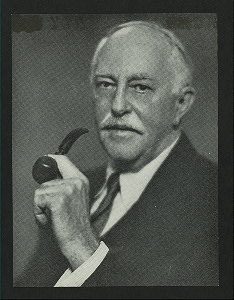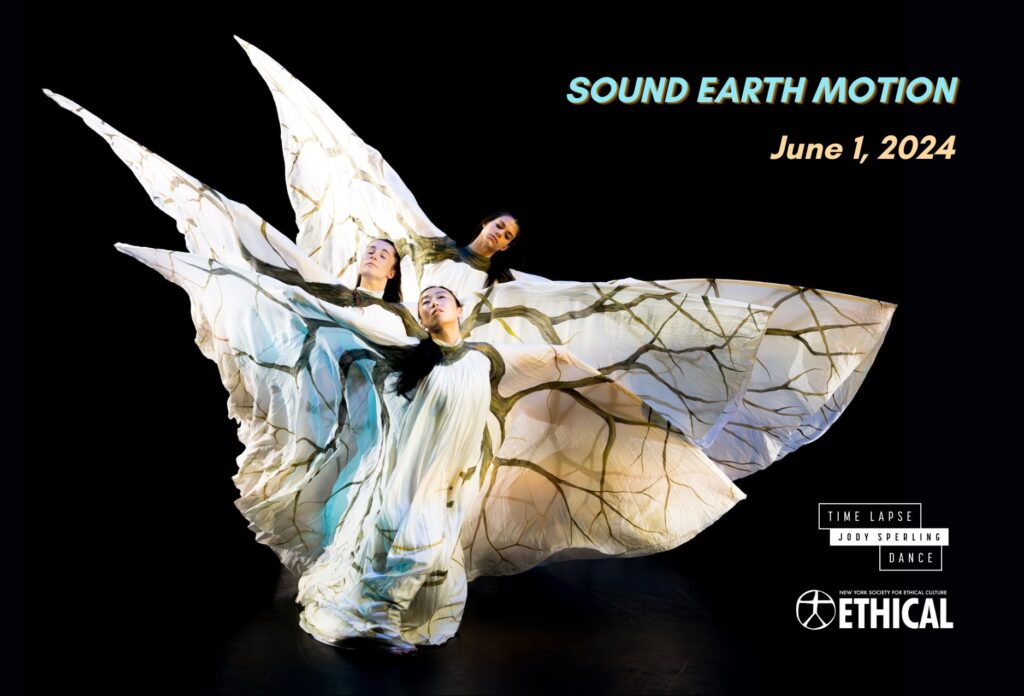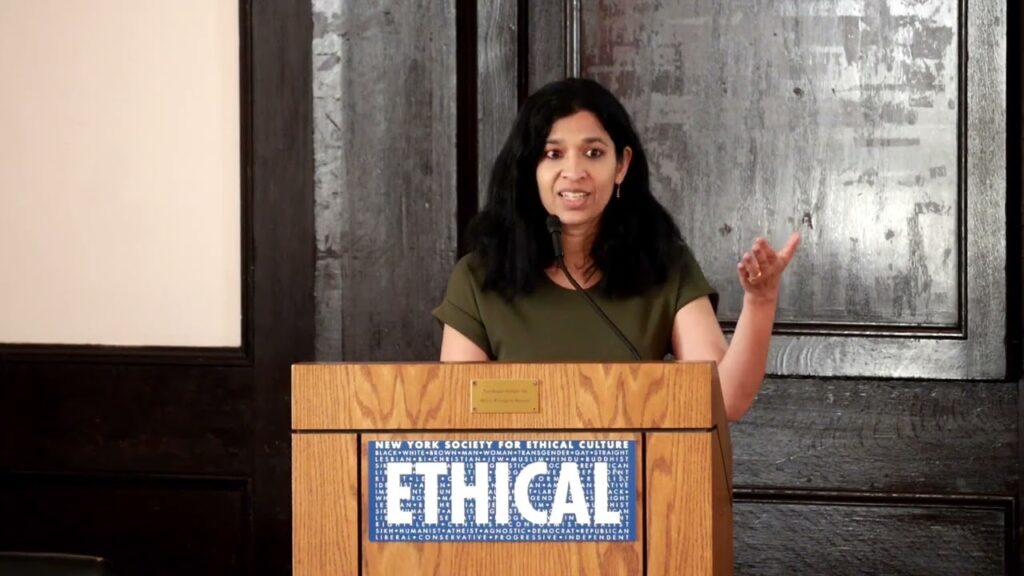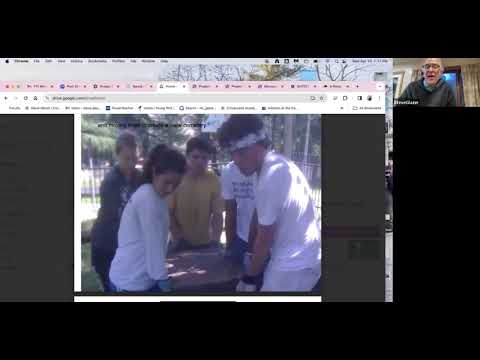

Good morning and welcome to our shared home here in the auditorium of the New York Society for Ethical Culture.
Since this is Founder’s Day, and Dr. Felix Adler’s portrait is on display, I’m guessing that you all know him, right? How many of you know something about his good friend, Dr. John Lovejoy Elliott?
Some people who knew them said that Dr. Adler was the head of the Ethical Movement, because he was always thinking and writing about how we should live, and that Dr. Elliott was its heart, because he was a good neighbor and believed that was the best thing you could be.
Dr. Elliott was born in 1868 on a farm in Illinois and raised by his father Isaac, who had served in the Union Army during the Civil War, and his mother Elizabeth, whose childhood home was a station on the Underground Railroad, a safe place where slaves could fine food and shelter on their journey to freedom. His family was neither rich nor poor; their farm provided them with plenty to eat and enough to sell so they could buy books to read. He thought that everyone lived the way they did until one day a neighbor knocked on their kitchen door begging for food. She had several children, and couldn’t feed them. She was crying, and young John was frightened, so he hid in the hallway. He came out when he heard his mother comforting the woman, giving her food, and inviting her to come back.
Many years later Dr. Elliott said, “The Guild began in me then.” What he meant was the Hudson Guild, a settlement house he founded in 1895 that is still active in Chelsea today. Of course, before he could do that, he had to meet Dr. Adler, which he did in 1889 when he was a student at Cornell University and heard him talk about “a new profession, one that endeavors to teach people how to live.” That summer the student John attended the Summer School of Ethics in Plymouth, MA, where he met Jane Addams, founder of Hull House in Chicago, and soon he was on his way to Germany to study for his doctorate.
When John became Dr. Elliott and an Ethical Culture Leader, he moved into a rented room in Chelsea, one of the worst slums in the city at that time, and began his lifelong experiment with “neighborliness.” He started by renting a place for a gang of boys called the Hurley Burlies to hang out. They were a rough bunch who got into all kinds of trouble, and their parents didn’t know what to do with them. But Dr. Elliott saw the good in them and created conditions under which they could make their lives better. Soon there were clubs for girls, too, as well as their parents, who started the first neighborhood council in the country. Hudson Guild started the first all-day summer play school in the city and one of the first mental health clinics.
Some of those Hurly Burly boys kept getting into trouble and landed in prison, so Dr. Elliott wrote to them, visited them, and when they got out of prison, he found them jobs and places to live. As one of his friends said, “His heart ached most and he worked hardest for those boys and girls who had become lost in the mazes of life in our city and had become its victims. They, whom society found it convenient to disown, to punish and then forget, were his children.”
I’m telling you this story to let you know how Dr. John Lovejoy Elliott continues to inspire me and the members of the New York Society for Ethical Culture today. We honor his memory by supporting the Hudson Guild and continuing his work in prison reform, especially helping children who are arrested. Now that the secure facilities in upstate New York are being closed, and incarcerated children are returning home, there is much work for us to do to be good neighbors to their families and create environments in which they can learn and grow. We hope that you and your families will join us.
In 1942, Dr. Elliott caught pneumonia and had to be hospitalized. During his illness, flowers came to him from the First Lady of the White House and the cleaning woman of Hudson Guild. His last words were dictated to a nurse. He signed the page on which she wrote and asked her to give it to his friend Dr. David Beck. Here they are: “The only things I have found in life worth living for and working for and dying for are love and friendship.”
And now it is my great privilege to congratulate the Class of 2012. May you, too, always be good neighbors.







